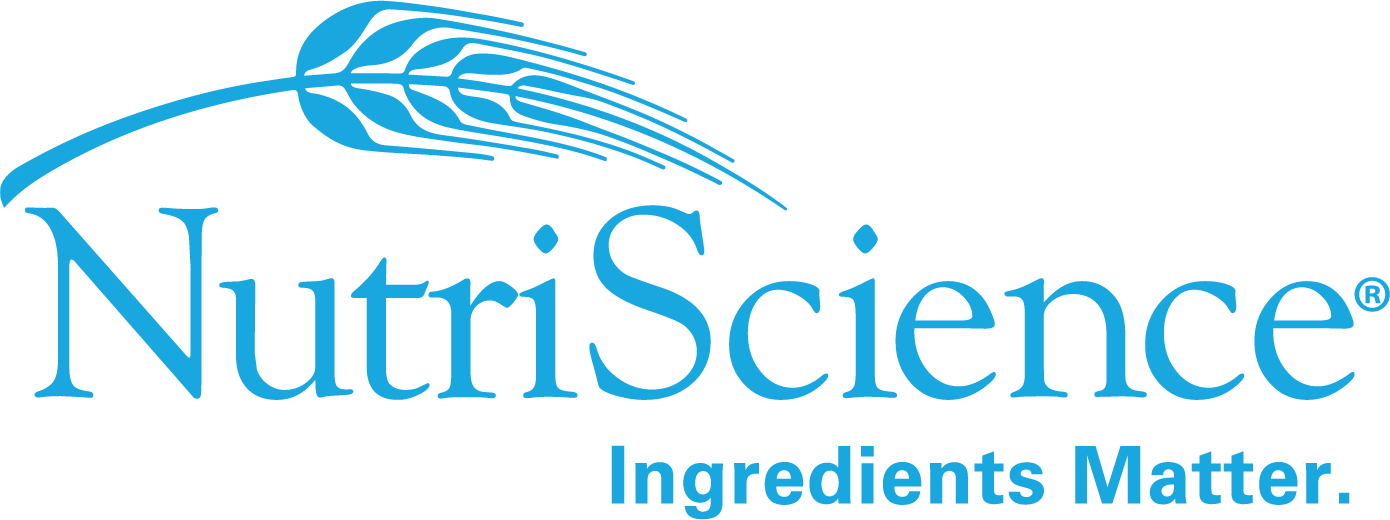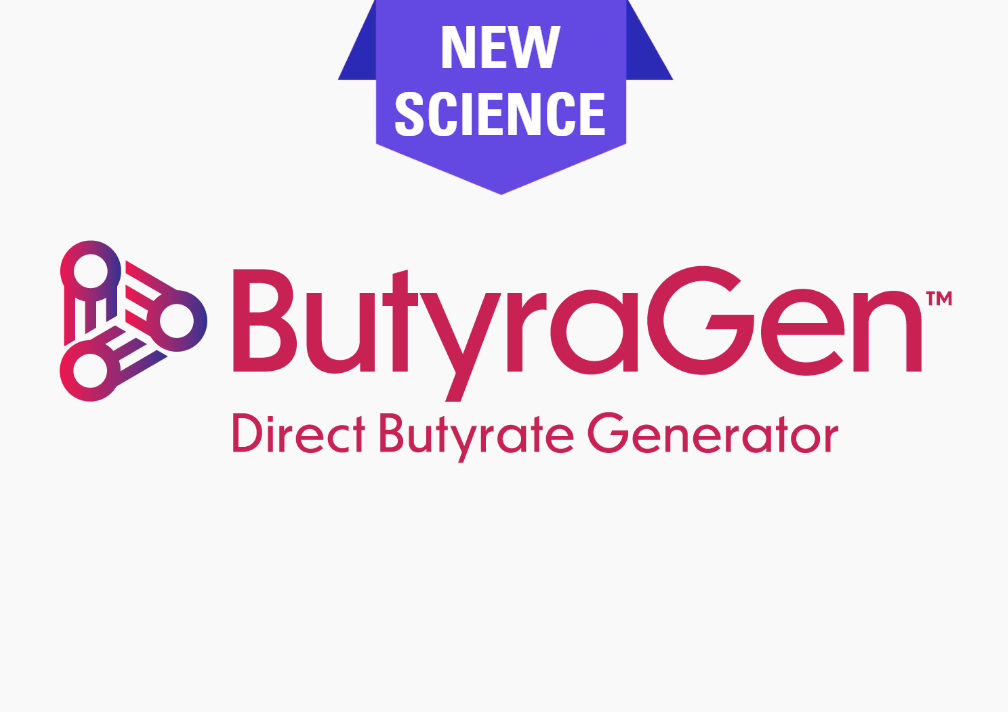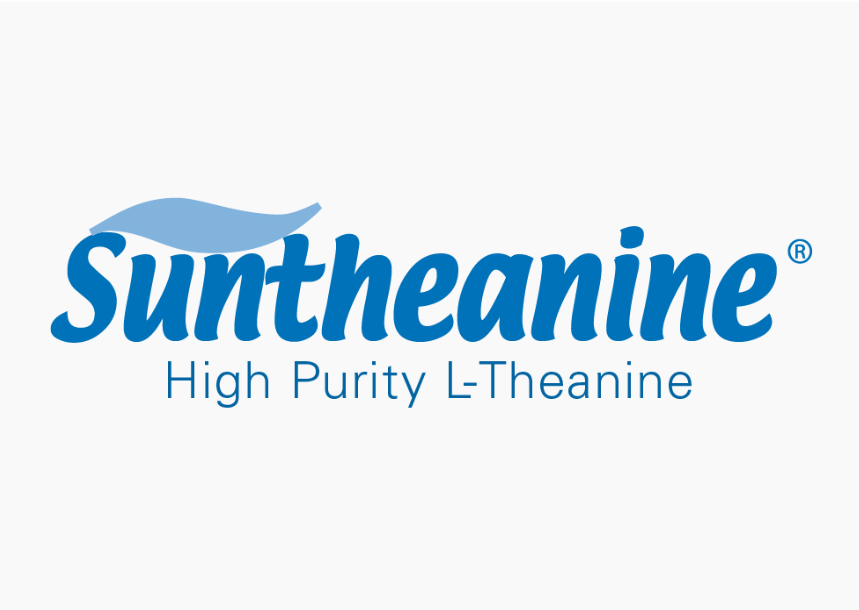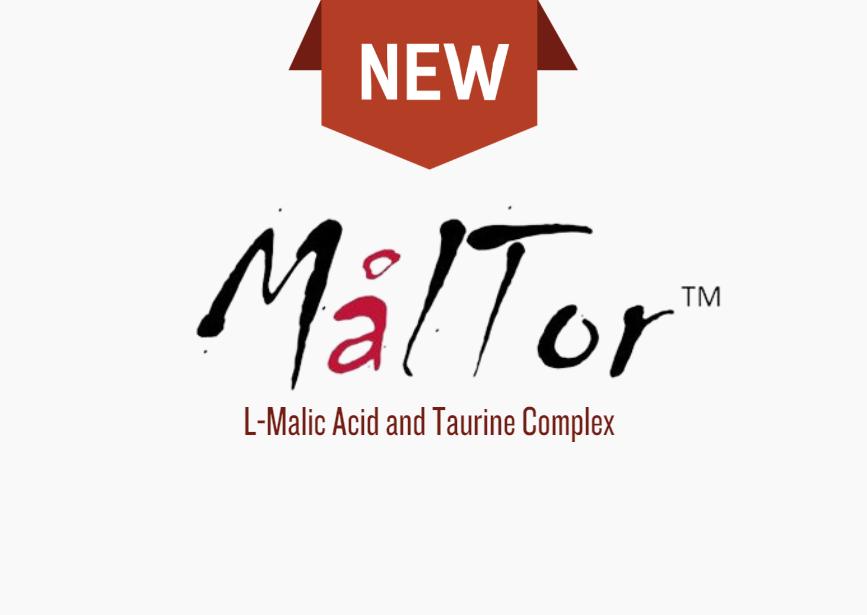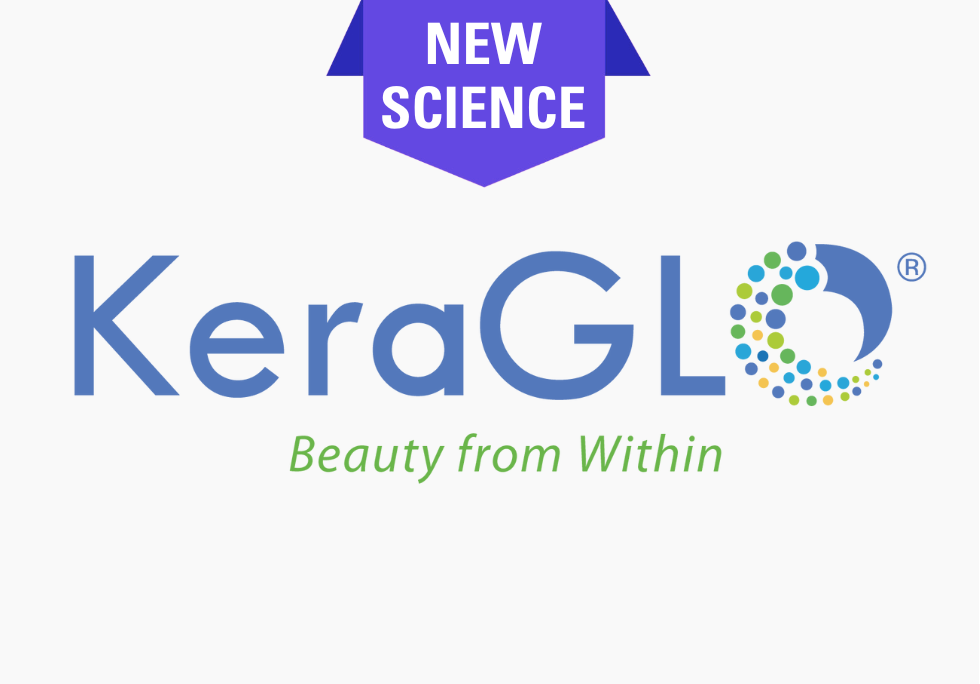As the consumer supplement space continues to attract and be comprised of younger generations year-by-year, the demand for ingredients that are clean-label, ethically sourced, and that have low environmental impact is going up as well. Before we go into what companies can do to play their part, let’s take a look at what the numbers are telling us about the value of investing in sustainability efforts.
The “Future” Consumer Is Already Here
When combined, Millennials and Gen Z make up 43% of the U.S. population, and 49% of the global population. Data from Nielsen reveals that 75% of Millennials have changed their buying habits to purchase products that are environmentally friendly. Often underestimated, Gen Z is also a major target audience that companies should be capitalizing on, as they are early consumers with potential for future loyalty to your brand – if it aligns with their values. The majority of Gen Z consumers prefer to buy from sustainable brands, with 75% of Gen Z shoppers confirming that sustainability is more important to them than a brand name. In a separate study on consumer demographics, it was shown that 69% of 18 to 34-year-olds take dietary supplements – this is the Millennial and Gen Z age group.
Putting all of this together, the image depicted is a massive consumer base that is 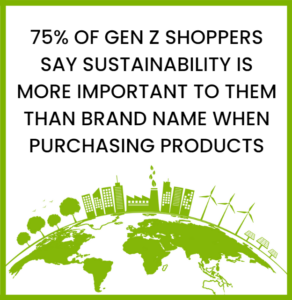 demanding sustainable products over brand name. To companies who think they can rely on brand recognition and not participate in the sustainability movement, this is not the case. The “future” consumer that values environment health and ethical sourcing is already here. It is and will continue to be the largest consumer base, as sustainable values will be passed on to the next generations.
demanding sustainable products over brand name. To companies who think they can rely on brand recognition and not participate in the sustainability movement, this is not the case. The “future” consumer that values environment health and ethical sourcing is already here. It is and will continue to be the largest consumer base, as sustainable values will be passed on to the next generations.
The Power of Women
Another noteworthy trend in the supplement space is that across many analyses of consumer data, the use of dietary supplements is consistently higher among women than men. In fact, research shows that women are anywhere from 13% – 25% more likely to take a dietary supplement than men. Where else does this trend show up? Sustainability. A large number of studies reveal a similar gender gap in opinions on sustainability – on average, women are more likely to have stronger environmental views and pro-climate beliefs. Seeing that these data work in tandem with each other, companies should be even more focused on sustainability efforts to better serve their customers – and the planet.
Where Do We Start?
Now that we’ve covered the economic viability of sustainability, let’s dig into what it actually means. The idea of “sustainability” is created from a wide range of definitions, with the shared fundamental goal of providing future generations with what we have now and ensuring their health and safety. Sustainability is built on three pillars: people, profit, and planet. It encompasses the concern for human and societal health, the value of economic success, and the preservation and active protection of the environment and the animals across the globe. There are many ways that companies in the dietary supplement industry can play their role in supporting sustainability efforts. These efforts range from the moment sourcing begins to the moment a customer ultimately consumes the dietary supplement. When thinking about our company’s sustainable behavior, it’s important to take the following questions into consideration:
- Sourcing
-
- Is this product from a plant, animal, or mineral source?
- If from a plant source, is the crop being grown in an environmentally sustainable way?
- If from an animal source, is the treatment of animals humane?
- Are we contributing to overfishing?
- Community
- Who are the people farming and harvesting this ingredient?
- How do our manufacturers interact with the farmers and workers?
- How is our company supporting the livelihoods of the farming community in the area?
- Processing
- What are the practices of our processing facilities?
- Do we measure carbon emissions and energy inputs?
- Where do we have the ability to use renewable energy to power these facilities?
- Transportation
- If transportation is inevitable to our supply chain, how are we offsetting our carbon emissions?
- Are there opportunities for powering parts of our supply chain with electric vehicles?
- Packaging
- What are the materials that go into our packaging? Where do they come from?
- Are there alternative packaging materials that will sell better with our customers and do better for the planet?
- Corporate Giving
- How are we giving back?
- What are the causes we donate to?
- Are there environmental or social impact non-profits that we could be supporting alongside our customers?
These are just a handful of questions we should be asking ourselves to ensure we are keeping our responsibility to future generations – and that we are enabling our products to have the sustainable labeling that consumers are demanding. Our industry’s goal is to provide consumers with ingredients that enhance their abilities and help to heal their ailments – to support their happiness and health. Why shouldn’t we do this for the planet as well?
We All Play A Role
No company is perfect when it comes to sustainability – and we don’t claim to be either. To be quite frank, our industry is not fundamentally “sustainable”. We take raw materials out of the earth, process them, and ship them around the world for human consumption. However, there are many things that we can do make our industry more sustainable and ethical, we just have to actively make those decisions. Where can we be sourcing better and more ethically? How can we cut down on environmentally damaging outputs from our supply chain? What does sustainable packaging really look like? No matter where your company lies on the transfer from farm, to bottle, to consumer, there are actions that all companies can take that make the planet and its people happier and healthier.
At NutriScience, we strongly believe that sustainability positively impacts everyone who touches the product, from the farmers who harvest the plants to the consumers who ultimately benefit from the ingredients. We recognize that sustainability is a journey which may involve compromises and takes time to achieve. We attempt to not greenwash sustainability and try to ensure that our efforts and the efforts of our partners result in real, viable benefits. If we find that we could do better for any ingredient, then we hope to have open communication with our manufacturing partners and customers and work towards an improved sustainability model.
________________________________________________________________________________________________________________
NutriScience Innovations develops and markets innovative ingredients for the dietary supplement and functional food markets. To learn more about the sustainability of our ingredients, please contact [email protected].

